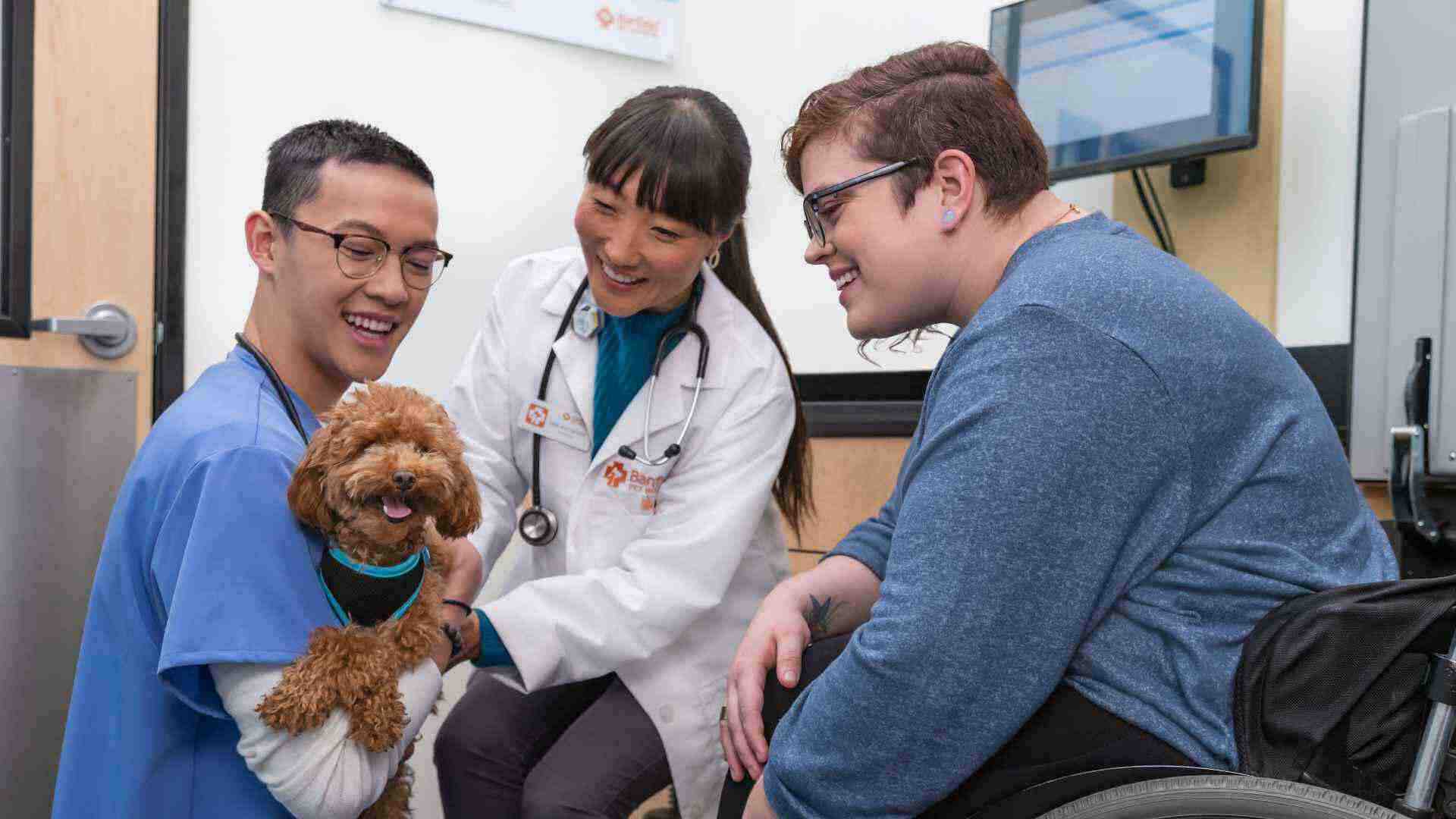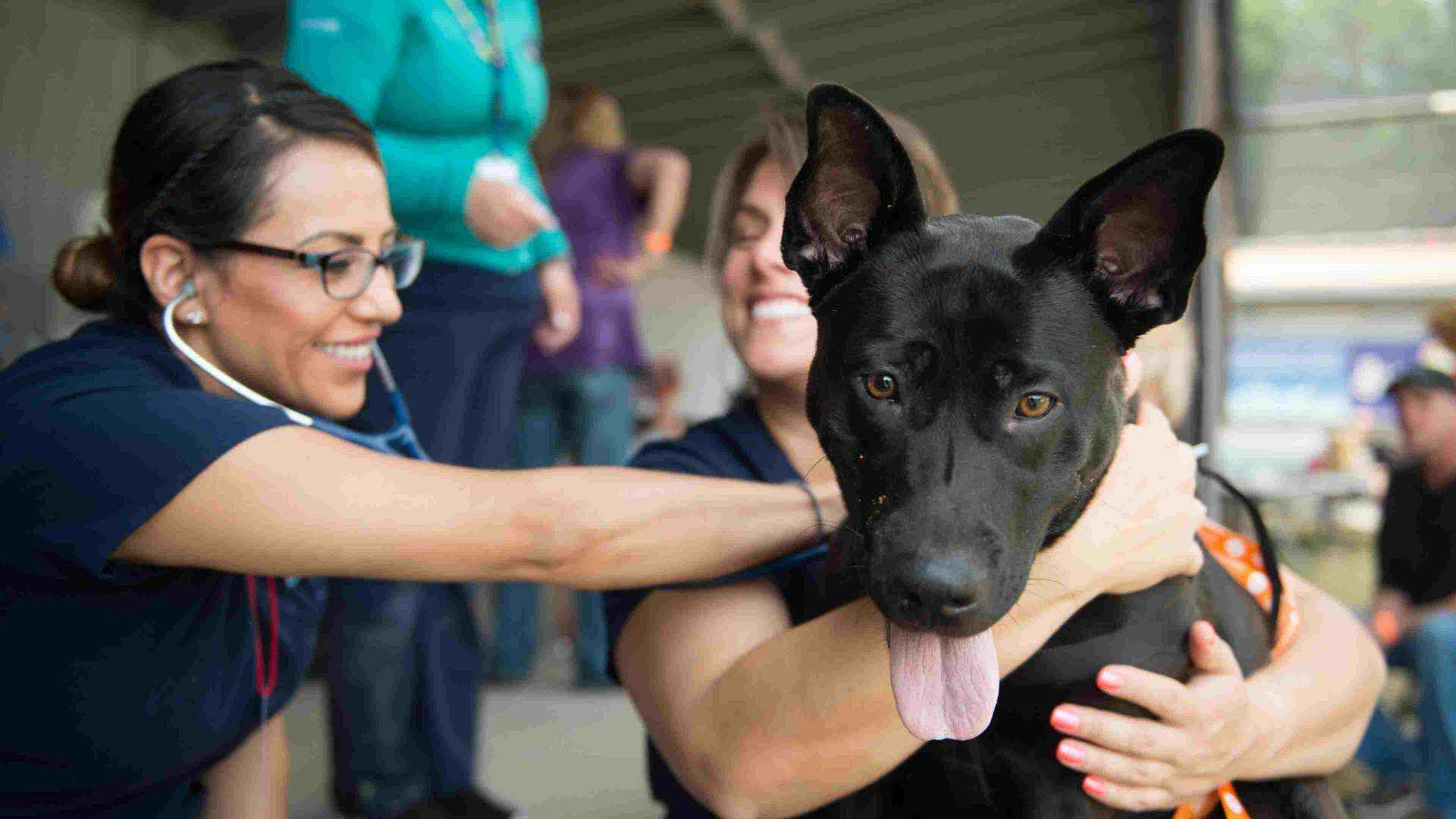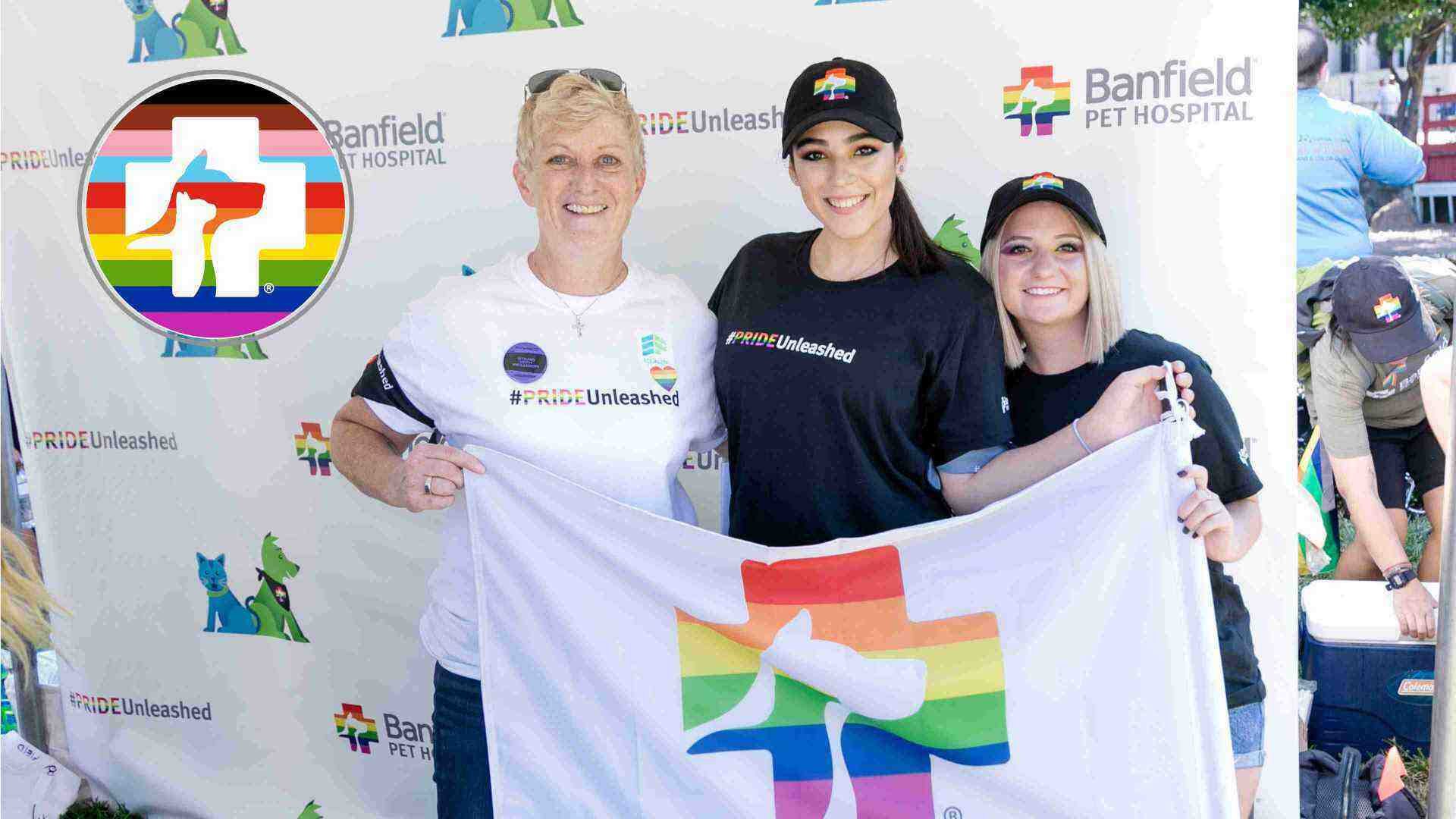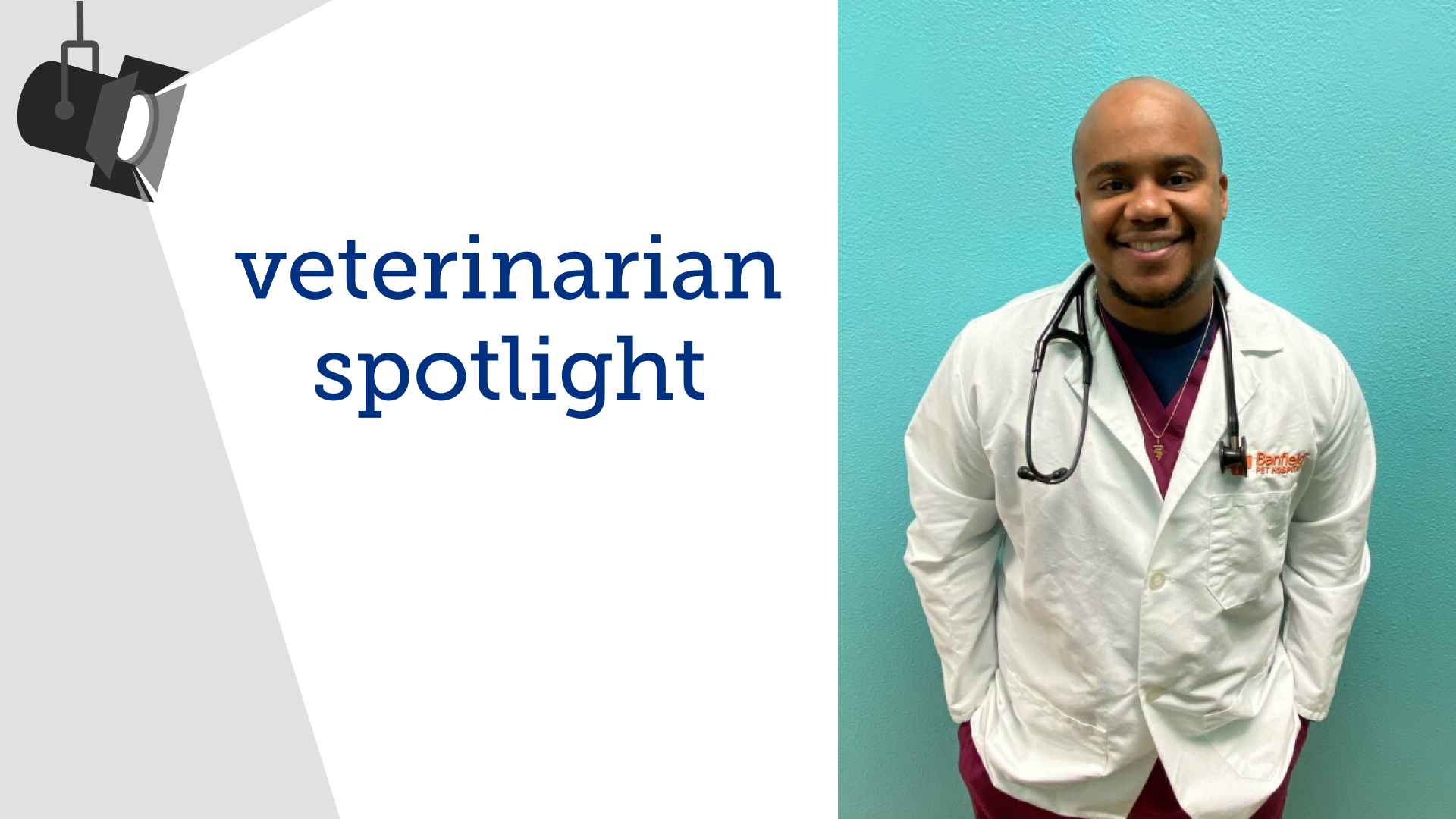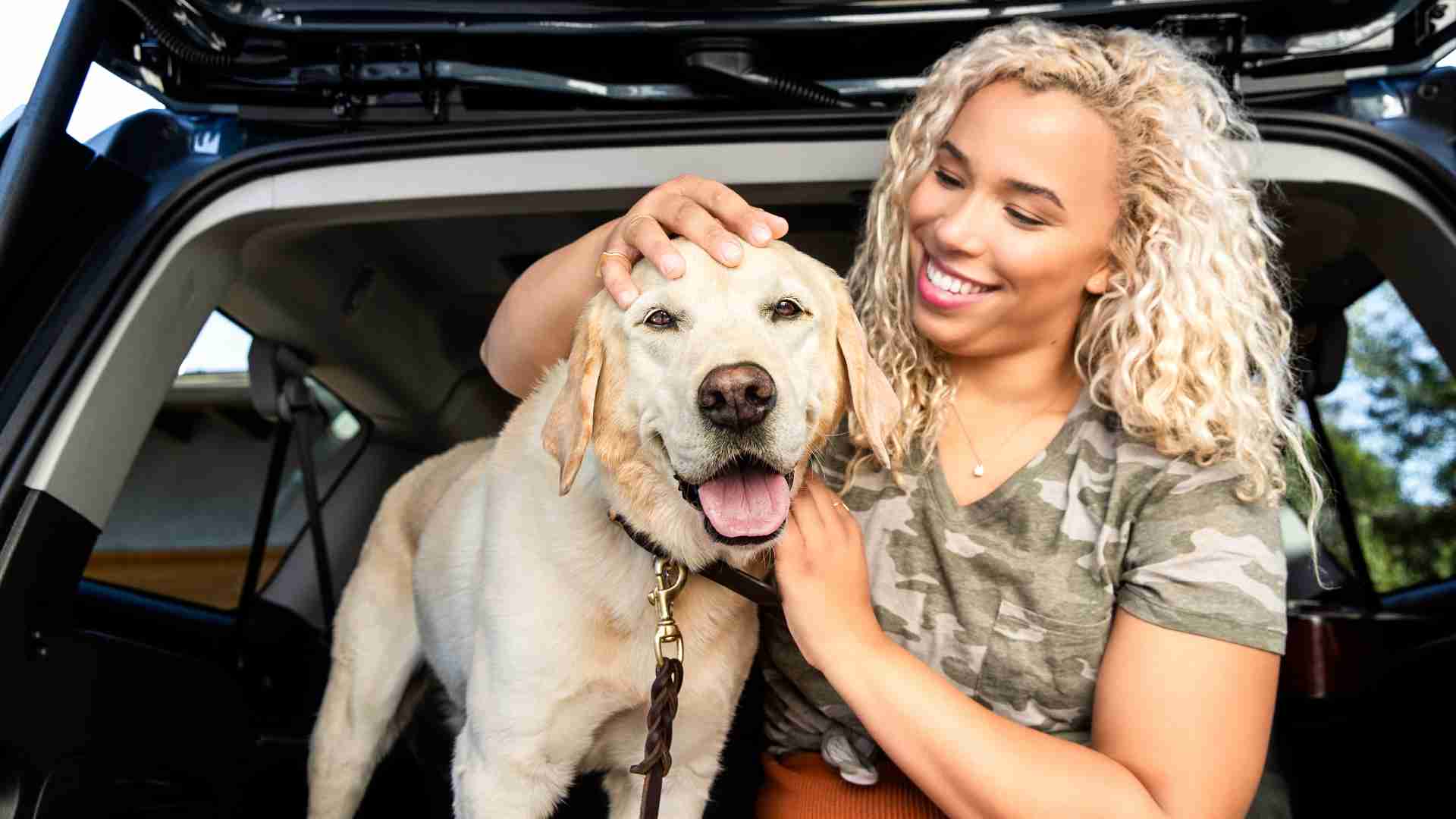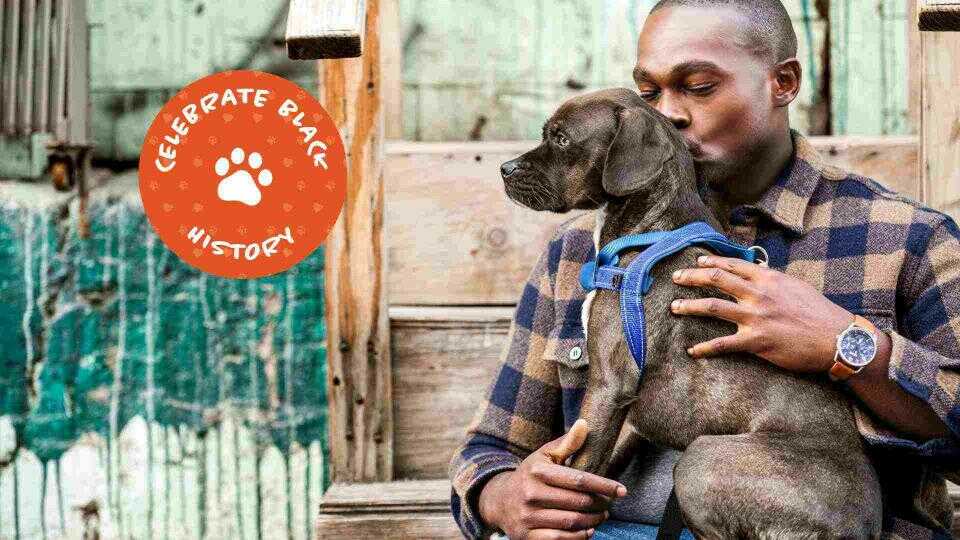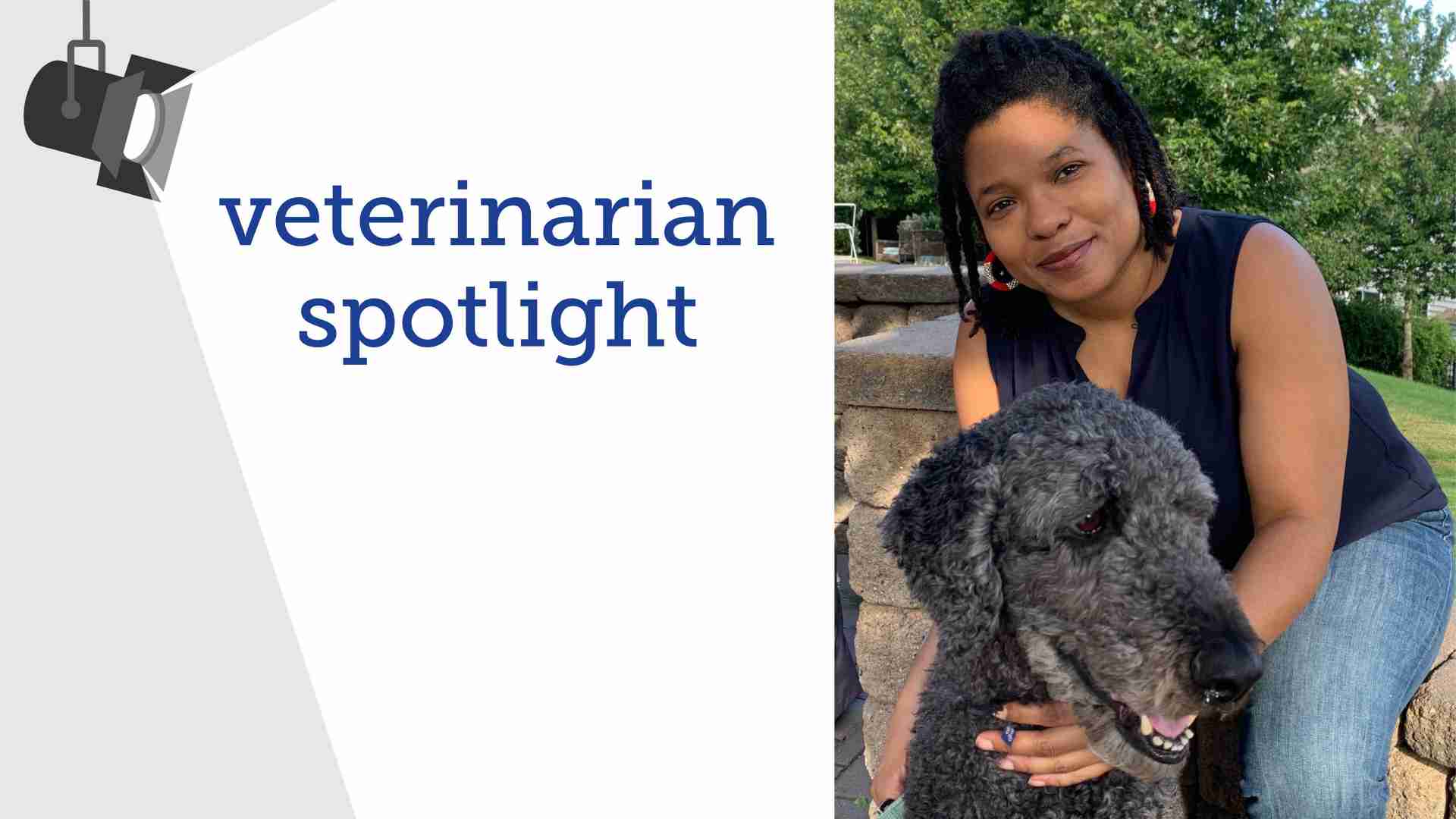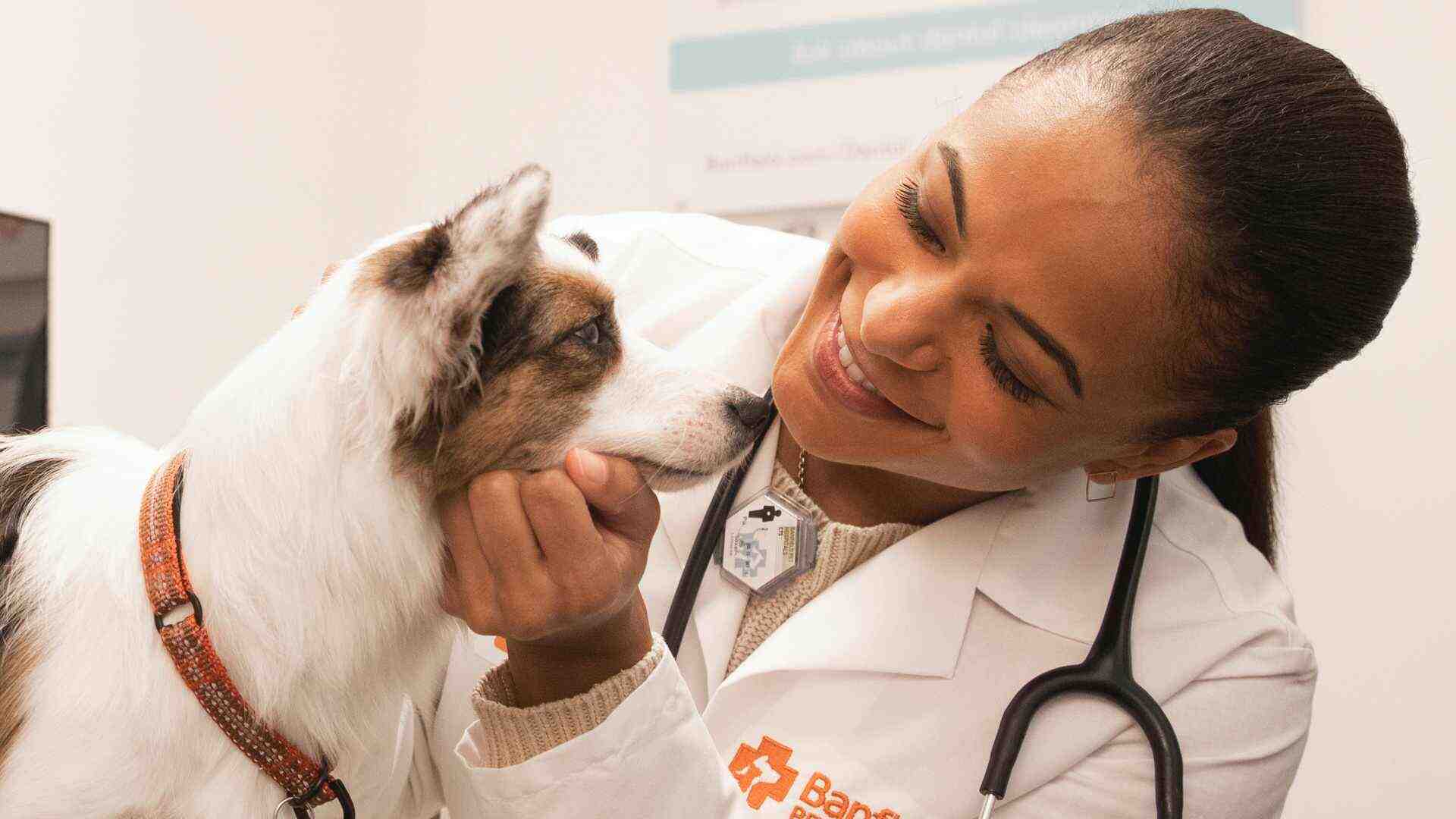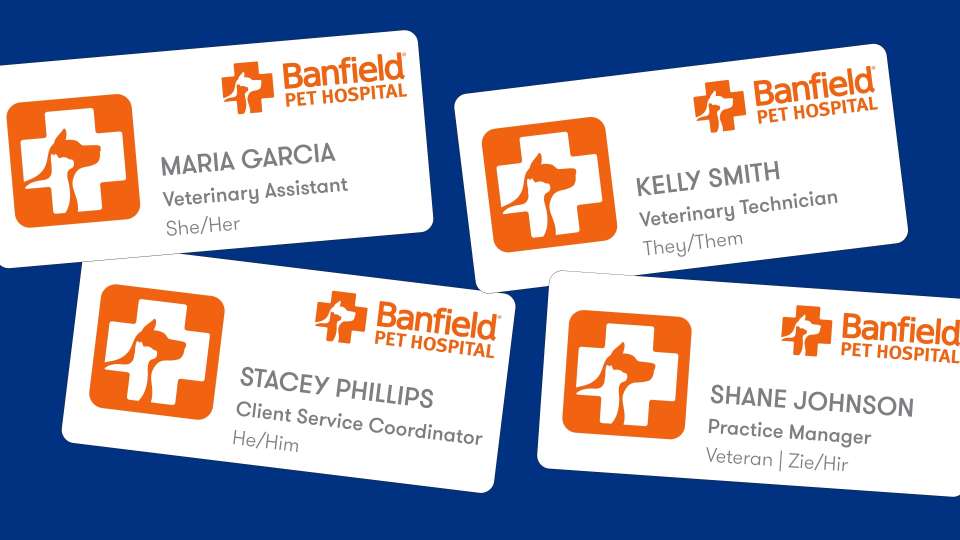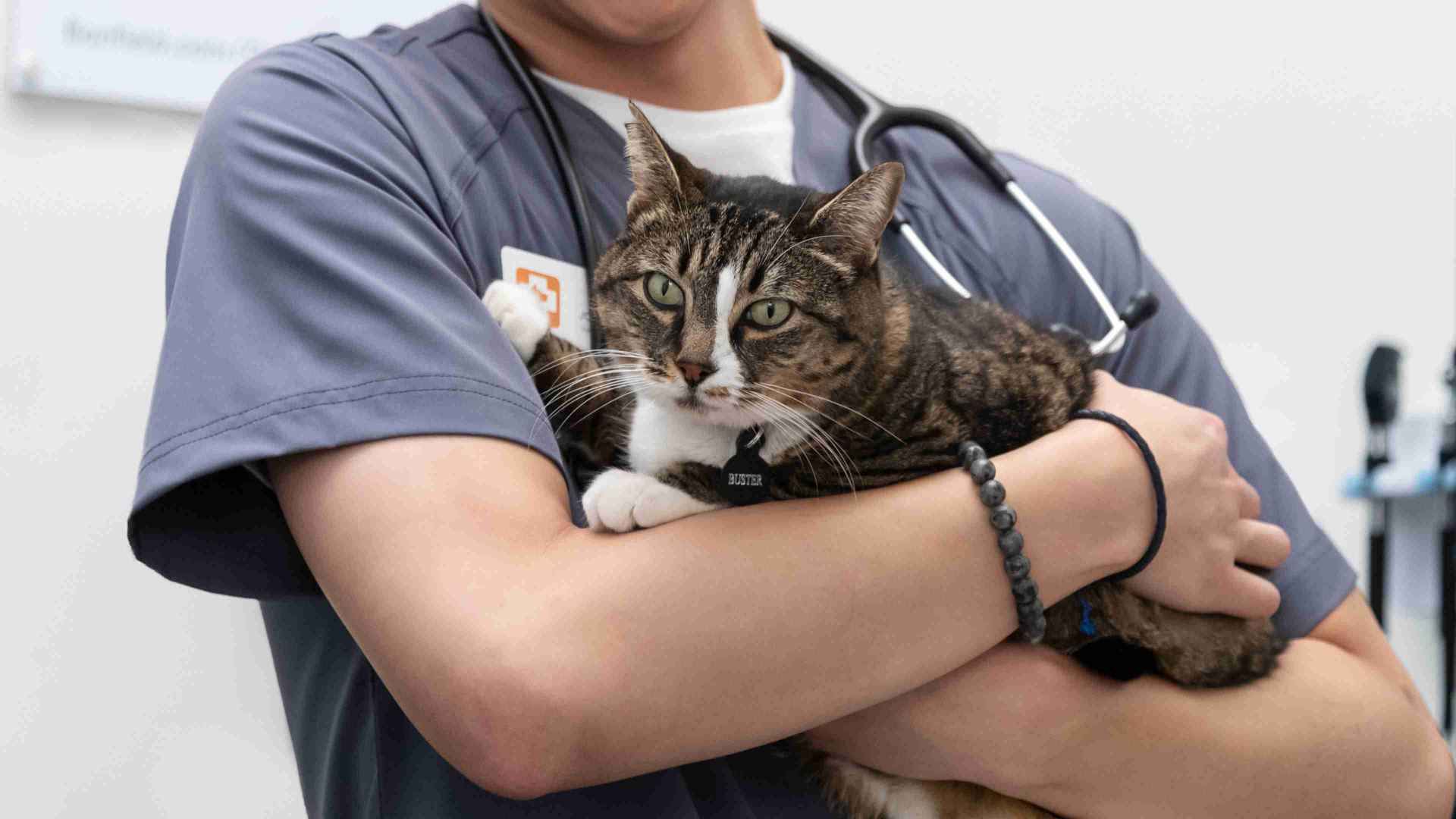celebrate API Heritage Month with Banfield
The simple pleasures of loving a pet never get old: throwing a ball, playing hide and seek, rubbing a soft, furry belly. But there’s also something deeper we get from pets — a sense of trust, confidence, and connection. Our pets love us for exactly who we are, encouraging us to be our authentic selves.
Feeling empowered to be our authentic selves, especially in an often challenging and complicated world, is the perfect inspiration to help us celebrate Asian and Pacific Islander Heritage Month. Helping to lead the way is Banfield’s Asian & Pacific Islander (API) diversity resource group, which will celebrate its one-year anniversary this year.
“Perhaps more than any other time in our lives, we all need to step up and look within ourselves to support one another and find new ways to make a difference,” says Russ Kukini, a senior specialist in community engagement for Banfield, and a co-leader of the group.
Not surprisingly, making a difference for people and pets is exactly what Banfield’s API group is all about.
All in for pets and the people who love them
“We believe in really getting to know people,” says Marissa Rothenbaum, DVM, Senior Manager of Veterinary Quality and co-leader of the API group at Banfield. “And by recognizing and accepting that our personal belief and value systems may differ from those of our clients — without letting those differences get in the way of the care we provide for the pet — we can continue to meet people where they are and advance veterinary medicine.”
This concept, often referred to as culturally competent care, isn’t always easy, but it’s always worth it.
“At Banfield, our teams strive to listen well and be open-minded to achieve this crucial goal,” says Dr. Rothenbaum. “And it’s perhaps especially important in the API community, which is comprised of a very wide variety of cultures and belief systems. We need to create space to honor our differences and provide an inclusive environment for everybody.”
All in for each other
Guidance and support are vital to fostering a sense of inclusion, too — which, in turn, helps make petcare more accessible. Especially during these challenging times.
“A diverse and supportive community at Banfield allows us to be at the forefront of providing equitable care to our patients,” says Jacquelyn Schrock, DVM and a co-leader of Banfield’s API diversity resource group.
For example, in light of the recent rise of hate crimes against the API community, Banfield hosted a nationwide meeting within the API DRG community in which Associates could speak about their experiences, lean on each other, and provide guidance about how to address discrimination and racism throughout the entire Banfield family. Helping others understand the challenges that the API community faces everyday allows us to bring more empathy and understanding to patient care as well.
All in for the future
Ever notice how many kids say they want to work with animals when they grow up? Well, that’s why Banfield started Banfield Pet Academy, a program that brings veterinarians and technicians together with students across the country to talk about pets, science, and careers in veterinary medicine.
Seon Lee, DVM at Banfield’s Columbia, Maryland location and a member of the API diversity resource group, created a video presentation for the Academy in Korean. Dr. Lee is especially motivated to bring STEM education to young people and promote diversity and inclusion in the veterinary field. “As a vet and a mom of two preschoolers, I hope I can inspire kids and future vets to embrace the value of inclusion and diversity,” she says.
All together for equity, inclusion, and diversity
With its broad array of inspirations and activities, Banfield’s API community is collaborating hand-in-hand with Banfield’s Associates, clients, and the larger Banfield family to effect change.
“It will take time and resources, but if we succeed in our mission, I truly believe this group will not only positively impact Banfield and the veterinary industry, but our communities and society,” says Russ Kukini.
 Mites and mange
Mites and mange Podcast - Not Just Fluff
Podcast - Not Just Fluff
